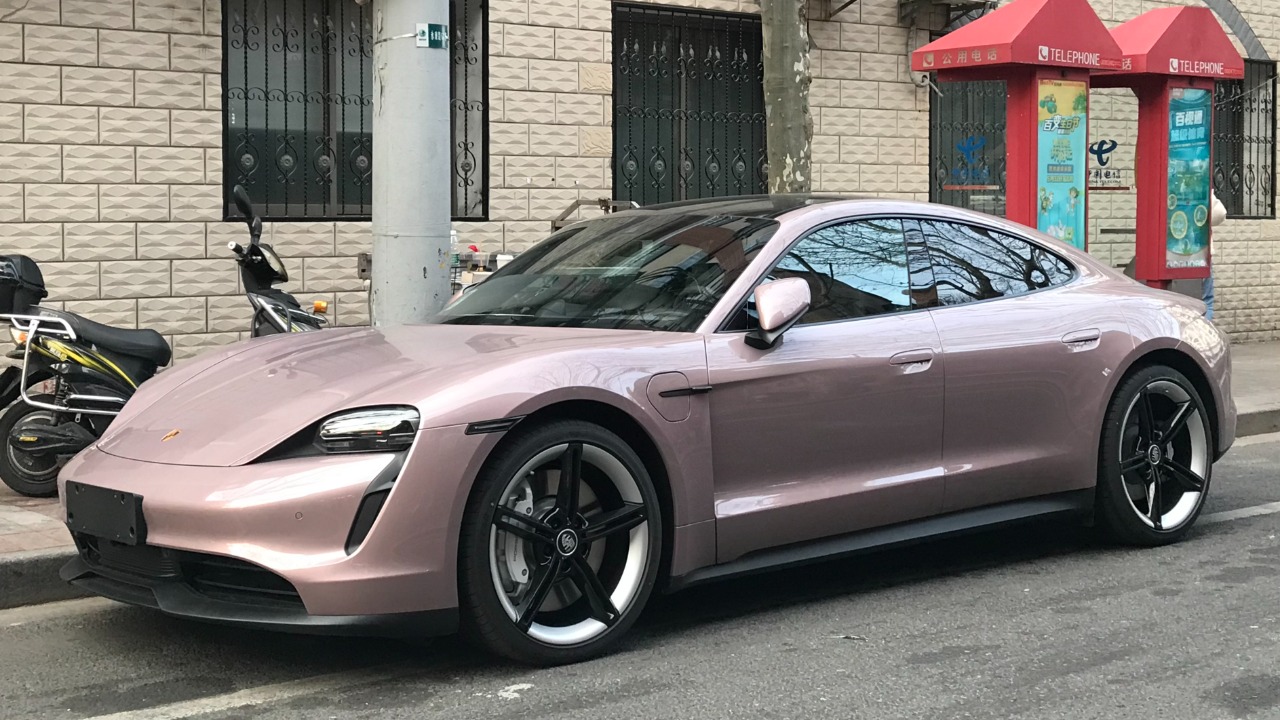
Porsche has made a significant shift in its automotive strategy, opting to prioritize gas engines over electric vehicles. This decision marks a departure from its previous commitment to an electric-only future, as the company now plans to extend the production of combustion engines. This strategic pivot reflects a broader industry trend, with other major manufacturers like GM also revisiting their electrification plans to maintain a focus on gas-powered vehicles.
Porsche’s Strategic Pivot
Porsche’s decision to pivot away from its electric vehicle strategy underscores a significant shift in its long-term planning. Previously committed to an electric-only future, the company is now re-evaluating its approach in response to market dynamics and consumer demand. This change involves not only slowing down its electrification efforts but also actively planning to bring back combustion engines. The move suggests that Porsche sees continued value in gas-powered vehicles, at least for the foreseeable future. This decision aligns with the company’s broader strategy to adapt to evolving market conditions while maintaining its brand identity and customer base.
The decision to hold onto gas engines longer than initially planned highlights Porsche’s cautious approach to full electrification. By extending the production timelines for internal combustion engines, Porsche is positioning itself to cater to a diverse range of consumer preferences. This strategy allows the company to balance its commitment to innovation with the practical realities of current market demands. The shift also reflects a recognition that the transition to electric vehicles may take longer than anticipated, necessitating a more flexible approach to product offerings.
Timeline of Porsche’s EV Reassessment
The first indication of Porsche’s strategic shift came on October 28, 2024, when reports surfaced about the company reconsidering its electric-only strategy. This early signal suggested that Porsche was beginning to question the feasibility of a rapid transition to electric vehicles. By November 26, 2024, it became clear that Porsche was committed to holding onto gas cars for a bit longer, marking a concrete delay in its full electrification plans. This decision was further reinforced on November 28, 2024, when Porsche officially announced it was hitting the brakes on its electric-only plan, emphasizing a growing focus on hybrid and gas-powered vehicles.
These developments illustrate a gradual but decisive shift in Porsche’s strategy, as the company navigates the complexities of the automotive market. The timeline of events highlights Porsche’s adaptive approach, as it seeks to balance innovation with practicality. By maintaining a diverse product lineup, Porsche is better positioned to respond to changing consumer preferences and regulatory environments.
Industry-Wide Resistance to Full Electrification
Porsche’s decision to maintain a focus on gas engines is not an isolated case; it reflects a broader industry trend of resistance to full electrification. Other major manufacturers, such as GM, have also made similar strategic pivots. On September 30, 2025, GM announced a U-turn on its plans for a specialized car hub, shifting its focus back to gas-powered vehicles. This move underscores the challenges that automakers face in transitioning to electric vehicles, as they navigate technological, regulatory, and consumer hurdles.
The confirmation of Porsche’s U-turn on electric vehicles on October 23, 2025, serves as a capstone to ongoing sector reevaluations. This decision highlights the complexities of the automotive industry’s transition to electrification, as companies grapple with the realities of market demand and infrastructure readiness. By maintaining a focus on gas engines, Porsche and other manufacturers are positioning themselves to remain competitive in a rapidly evolving landscape.
Overall, Porsche’s strategic pivot and the broader industry trend of resistance to full electrification reflect the challenges and opportunities facing automakers today. As companies navigate the transition to electric vehicles, they must balance innovation with practicality, ensuring that they remain responsive to consumer preferences and market dynamics. This approach allows manufacturers to maintain their competitive edge while adapting to the changing automotive landscape.
More from MorningOverview